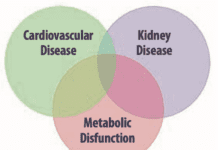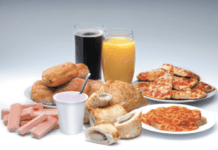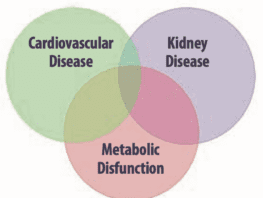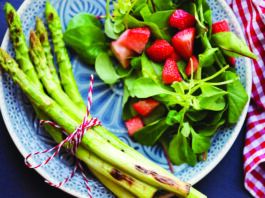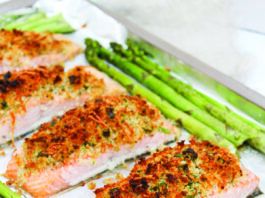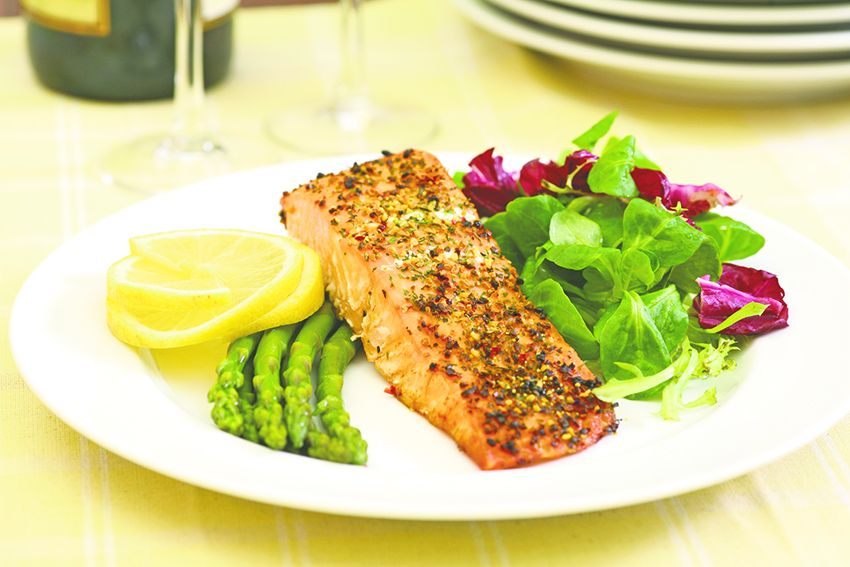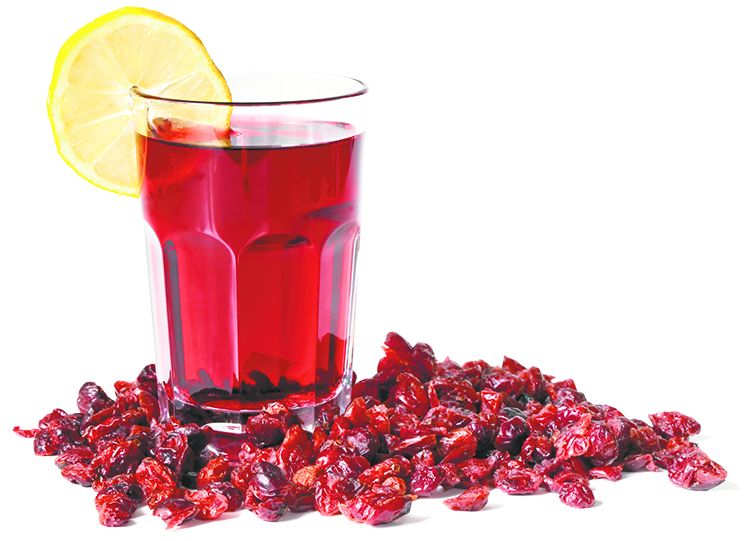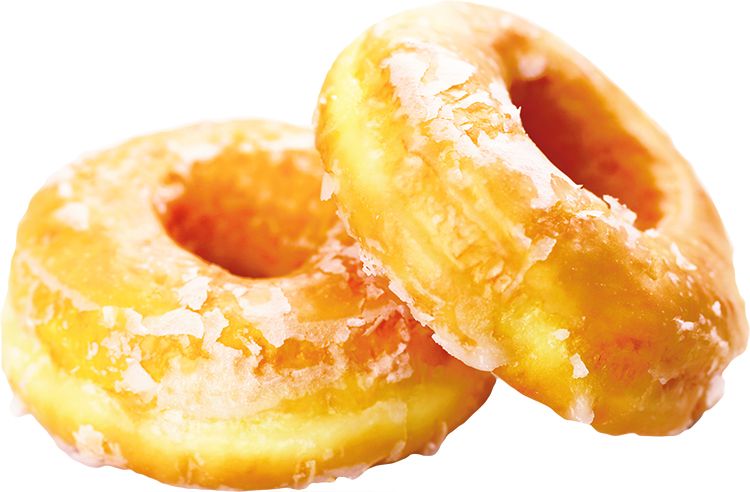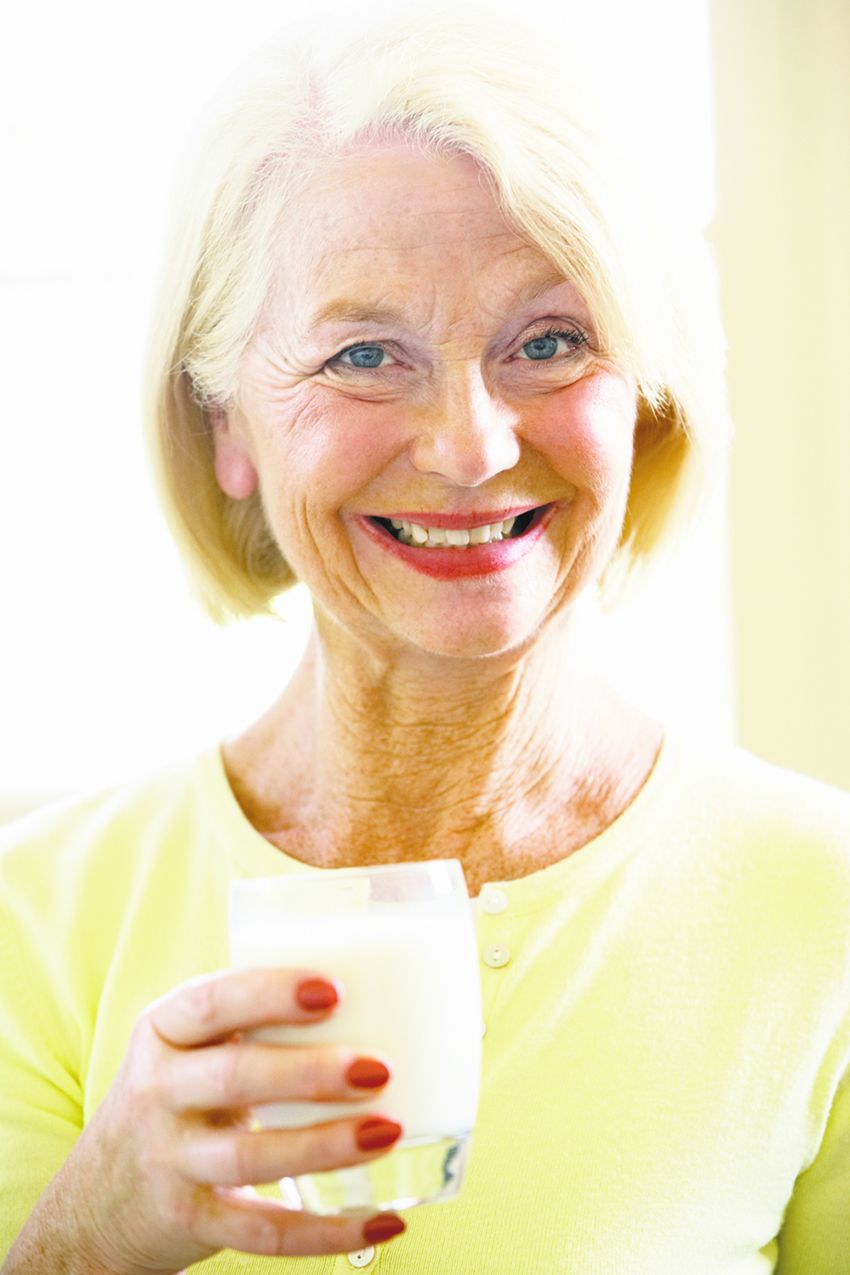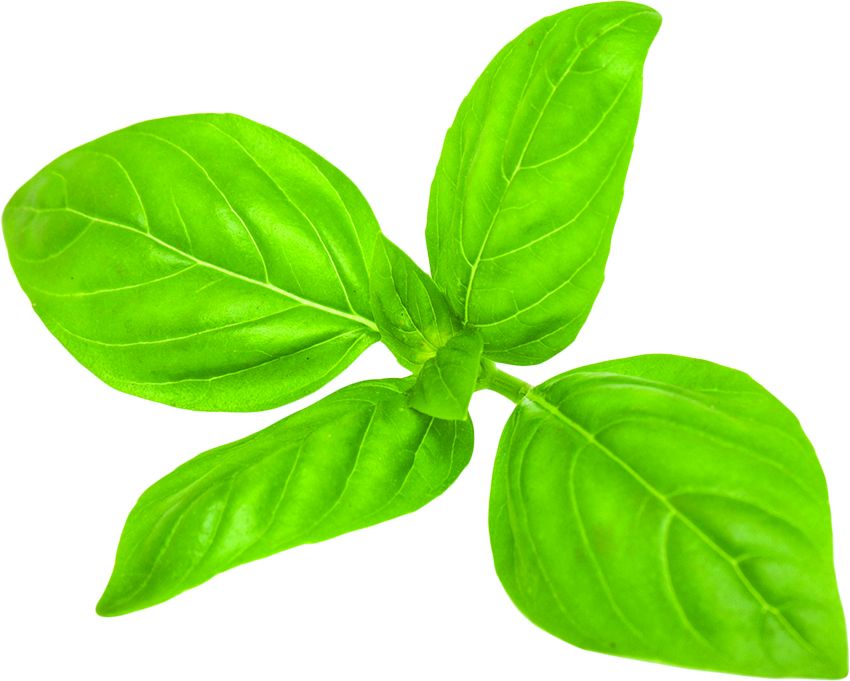Can Fish Oil Help Keep You Young?
Increasing your ratio of omega-3s to omega-6 fats may slow aging at the cellular level.
Makeover Your Meals with 13 Healthy Ideas for 2013
Small changes add up-heres how to get started eating smarter.
Sea Salt Ineffective for Sodium Reduction
Dont count on sea salt to reduce your dietary sodium intake.
Eat Right to Fight Heartburn and Reflux
Reading the news about heartburn might be enough to give you the painful condition if you arent already among the estimated 44% of Americans who suffer at least once a month. First came warnings that long-term use of a popular type of heartburn medications-proton-pump inhibitors (PPIs)-might increase the risk of hip fractures in people over 50. Now gastroenterologists are reporting cases that dont even respond completely to those medications.
Less Fat, More Fast Food in US Diet
Were consuming less fat but eating out more than in the 1970s, according to a good news/bad news report from the USDAs Economic Research Service.
No Need to Worry About Calcium and Your Heart
Research finds no link between calcium intake and coronary artery calcification.
Go Easy on Southern-Style Fare to Avoid Strokes
While eating the traditional fare of Mediterranean countries promotes heart health, consuming fried foods, sweet tea and other typical foods of the Southern United States has the opposite effect, sharply increasing the risk of stroke.
Mediterranean-Style Diet Cuts Heart Risks Almost 30%
For the first time, a large, randomized clinical trial has found that a Mediterranean-style diet can sharply reduce the risk of heart attacks, strokes and deaths from heart disease.
Healthy Herbs Do More Than Just Spice Up Your Meals
Discover the nutritional benefits of these tasty plants.
Antioxidants Higher in Darker-Roasted Peanuts
Darker-roasted peanuts pack a greater antioxidant punch, according to Agricultural Research Service (ARS) scientists in North Carolina. The researchers measured antioxidant levels in peanuts roasted at 362 degrees from zero to 77 minutes. Longer, darker roasting was consistently associated with higher levels of both water- and oil-soluble antioxidants, which scientists attributed to greater concentrations of phenolic compounds and/or browning reaction products.



